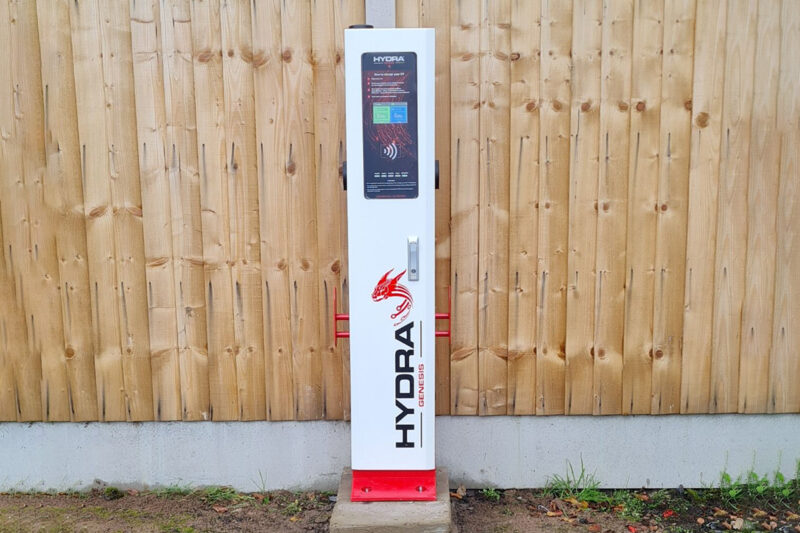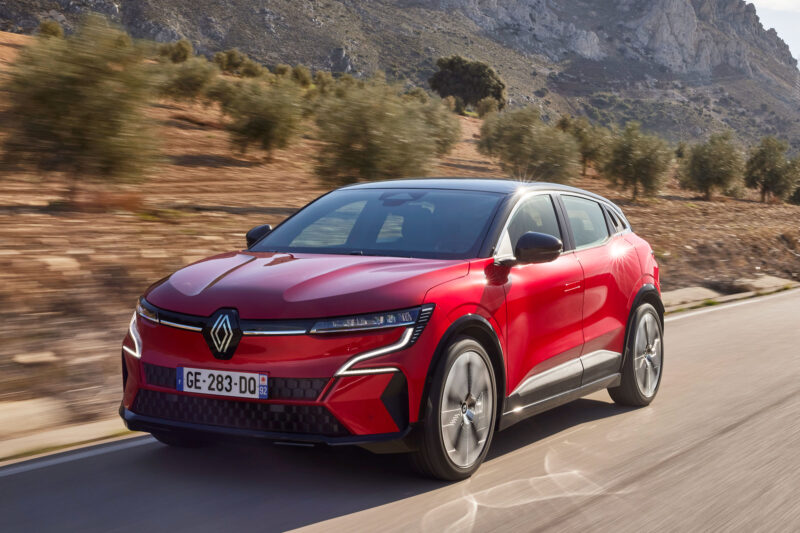Fast charging can impact the long-term health of electric vehicle (EV) batteries, but it doesn’t necessarily ‘damage’ them if done correctly and within recommended guidelines. Here are some key points to consider:
⚡️Battery Chemistry
EV batteries are typically lithium-ion (Li-ion) or lithium-polymer, sensitive to high temperatures and excessive charging/discharging rates. Fast charging involves providing more current to the battery, which can generate more heat.
⚡️Heat Generation
Fast charging generates more heat in the battery, and excessive heat can degrade the battery’s performance and lifespan. Heat can accelerate chemical reactions within the battery that lead to capacity loss and reduced efficiency.
⚡️Battery Management Systems (BMS)
Modern EVs have sophisticated battery management systems that monitor and control the charging process. These systems help mitigate potential risks associated with fast charging by regulating temperature and current.
⚡️Charging Standards
Various fast charging standards, such as CCS (Combined Charging System) and CHAdeMO, are widely used in the industry. These standards have specific protocols for fast charging, including temperature monitoring and adjustment of charging rates to protect the battery.
⚡️Manufacturer Recommendations
EV manufacturers often provide guidelines on how frequently and under what conditions fast charging should be used. Following these recommendations can help preserve the battery’s health.
⚡️Charging Infrastructure
The quality and capability of the fast-charging infrastructure can also play a role. High-quality chargers and well-maintained charging stations are less likely to cause issues.
⚡️Degradation Over Time
All batteries degrade over time, regardless of how they are charged. Factors such as the number of charge cycles, depth of discharge, and temperature also contribute to battery degradation.
To summarise, fast charging does not inherently damage EV batteries but can contribute to degradation if not done properly. The impact on battery health depends on various factors, including battery chemistry, charging standards, battery management systems, and adherence to manufacturer recommendations. Using fast charging occasionally when needed is generally acceptable, but frequent and continuous use of fast chargers can lead to faster battery degradation. EV owners need to balance convenience and battery longevity by following the best practices and recommendations provided by the manufacturer.

